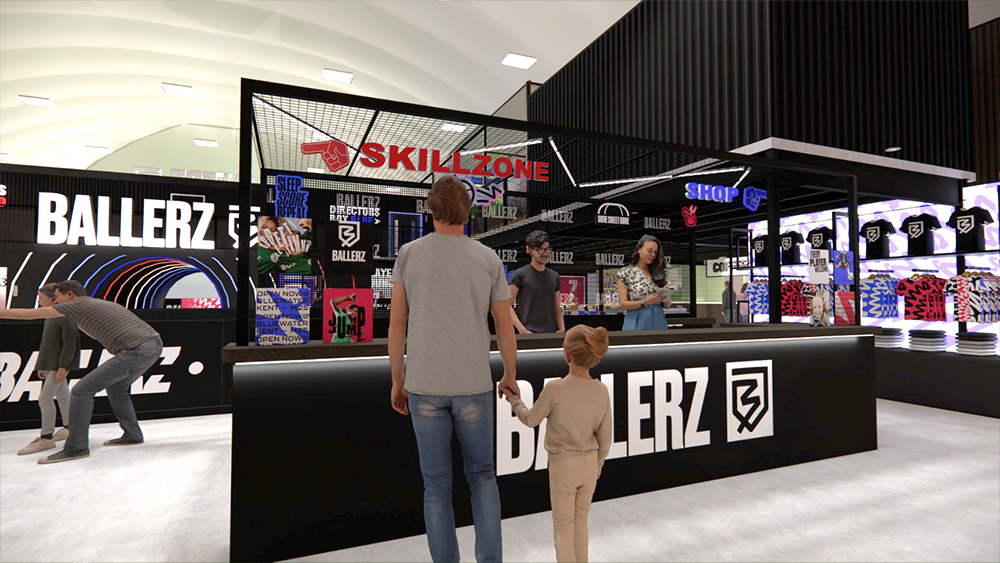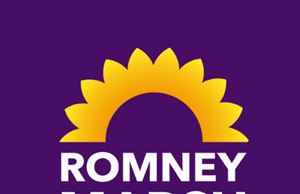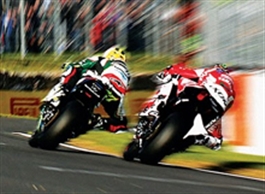FSA issues warning over ‘fake branded’ Prime and Wonka chocolate bars
Christmas shoppers are being warned not to buy or eat ‘fake branded’ chocolate bars amid fears they could be unsafe.
The Food Standards Agency has issued a stern warning to the public to steer clear of certain items such as Prime-branded chocolate and pretend Wonka bars.
The watchdog, which is working with Trading Standards, is concerned the items are not following strict hygiene or labeling laws and could therefore contain ingredients not listed, that could prove dangerous for allergy sufferers or those with a food intolerance.
But how do you know if an item is fake and what should shoppers look out for?
Food risks
The FSA says it has received a number of reports about fake branded chocolate appearing on sale this Christmas.
Fake branded sweets, say food experts, may be unsafe to eat, as there is a possibility that they are being made or repackaged by unregistered businesses or by criminals not following hygiene, labelling and traceability laws.
Tina Potter, Head of Incidents explained: “With Christmas coming up, don’t waste your money on fake branded chocolate for your children, friends or family - you won’t be getting what you think you are paying for and you don’t know what is in them. There could be a food safety risk, especially for those with food intolerances or allergies.
“We know there is a problem with potentially unsafe fake chocolate bars such as Wonka and Prime bars and we’re working with Trading Standards to protect consumers.”
Spotting fake bars
Letters have been sent to councils responsible for investigating and enforcing food laws, asking that they remain vigilant and act swiftly should they see such items for sale.
In the case of Prime-branded chocolate the FSA is quick to point out that those manufacturing the viral drink have confirmed that they have not made any Prime-branded chocolate so if you see these available to buy, they will be fake Prime items.
And while the new Wonka film is released this weekend, the FSA insists ‘if you see a Wonka bar in a shop, online or on a market stall, it will not be the real thing’.
Fake branded chocolate bars, acknowledges the FSA, can sometimes be hard to spot but there are some things customers can do to protect themselves:
1.Only buy from ‘reputable’ sellers, meaning that you are far less likely to fall for a fake product.
2.If in doubt, don’t be afraid to ask the seller for more information about what you’re buying and where it has come from. Should you not be satisfied with the answer, leave the item on the shelf and walk away.
3.As with any fake branded goods, if the deal or product looks too good to be true, suggests the FSA, then it ‘probably is’ and you should not be tempted to part with your money.
4.Shoppers who are unsure about the validity of an item or seller can also investigate those trading on the high street, or in a local market, by using the online Food Hygiene Rating Scheme here.
And if something doesn’t look as it should, says the agency, people should report it straight away to their local Trading Standards department.





